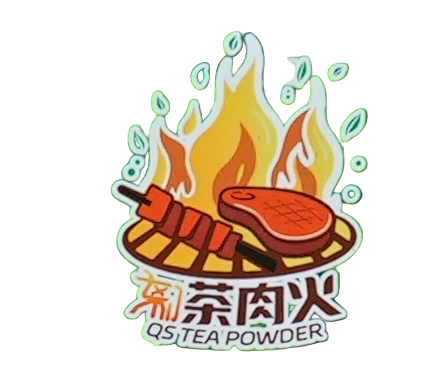A thousand-year legacy of the source of the secret realm
In the northern part of Menghu Town, Shuangjiang County, Lincang City, Yunnan Province, there is an ancient Dai village called Iceland hidden in the cloudy mountains at an altitude of more than 1,600 metres. This land is not a Nordic country, but because of its unique natural endowments and humanistic deposits, it has given birth to ‘Icelandic Tea’, which is well known in the Pu'er tea industry. The original name of Icelandic village was ‘Bian Island’ or ‘C Island’, which means ‘the place where the bamboo fence is used as the gate of the fortress’ in Dai language. Since the Tang Dynasty, the local ancestors began to domesticate the wild tea tree, the Ming Dynasty Mengku Rong family here to establish the noble status of Icelandic tea [1].
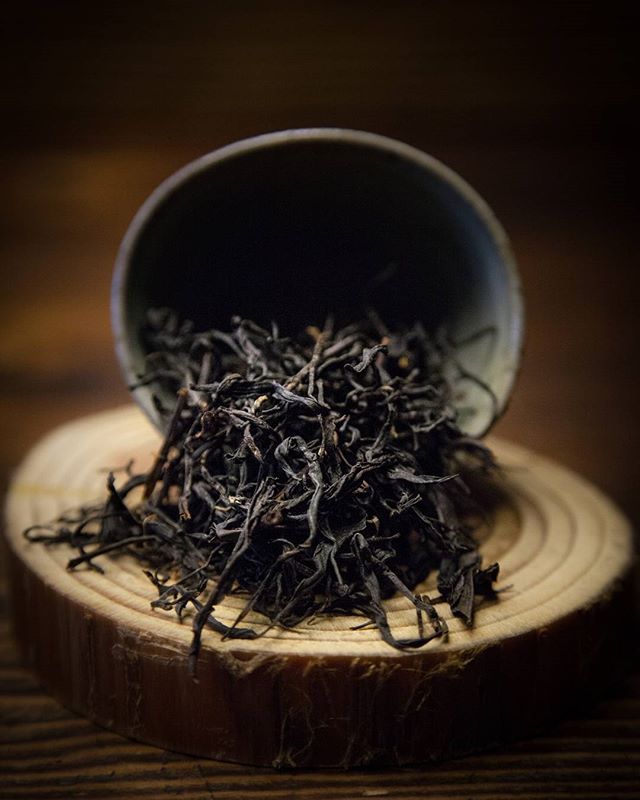
Second, the unique charm of Icelandic tea
Iceland tea area is located near the Tropic of Cancer, the Golden Tea Belt, the average annual temperature of 18 ℃, the significant temperature difference between day and night, and cloudy, abundant rainfall. The fertile red soil formed by volcanic ash deposition is rich in minerals and organic matter, providing natural nutrients for the growth of tea trees. Ancient tea trees in the core production areas of Dazhongshan and Dijie are more than 300 years old, with roots deeply rooted in the rock gaps, absorbing the essence of the mountain springs, and the leaves are plump and pliable, with veins as clear as carvings. Away from modern industrial pollution and human intervention, the tea tree in the original ecology of free breathing, creates a pure and flawless tea true temperament [1].
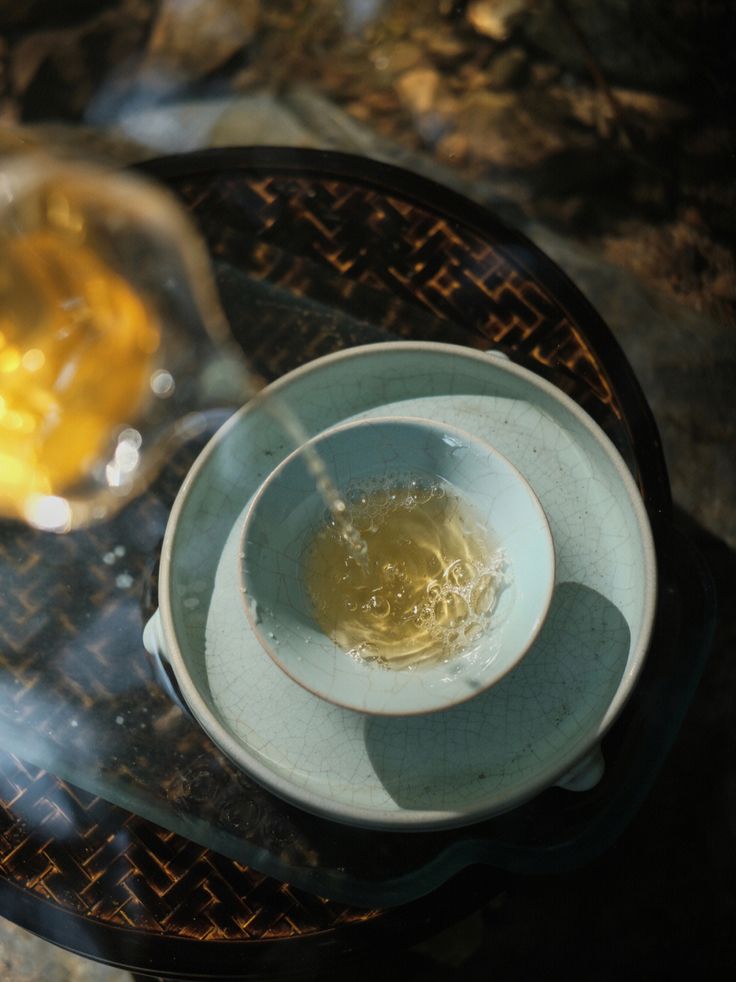
Third, the unique traditional craftsmanship
The production of Icelandic Pu'er tea adheres to the ancient method, paying attention to the harmony and unity of time, location and people. Every year, in the early morning of the dry season, the tea growers pick one bud and two leaves to ensure that the water content of the fresh leaves is moderate. In the greening stage, the tea is stir-fried by hand in an iron pot, and the temperature is precisely controlled below 180℃, which instantly locks in the aroma of the tea; when kneading, the force alternates between light and heavy, which not only breaks the wall and releases the aroma, but also retains the integrity of the leaf shape. In the sunlight drying stage, the tea leaves are evenly spread on bamboo mats, slowly dehydrated by the strong ultraviolet rays of the plateau, forming the signature dark green colour and sweetness. Raw tea is pressed into cakes by stone moulds, with a mellow flavour after ageing; ripe tea is fermented through the Wolong heap, which gives the soup a reddish colour and glutinous aroma [1].
The Aesthetics of Tasting with Five Senses
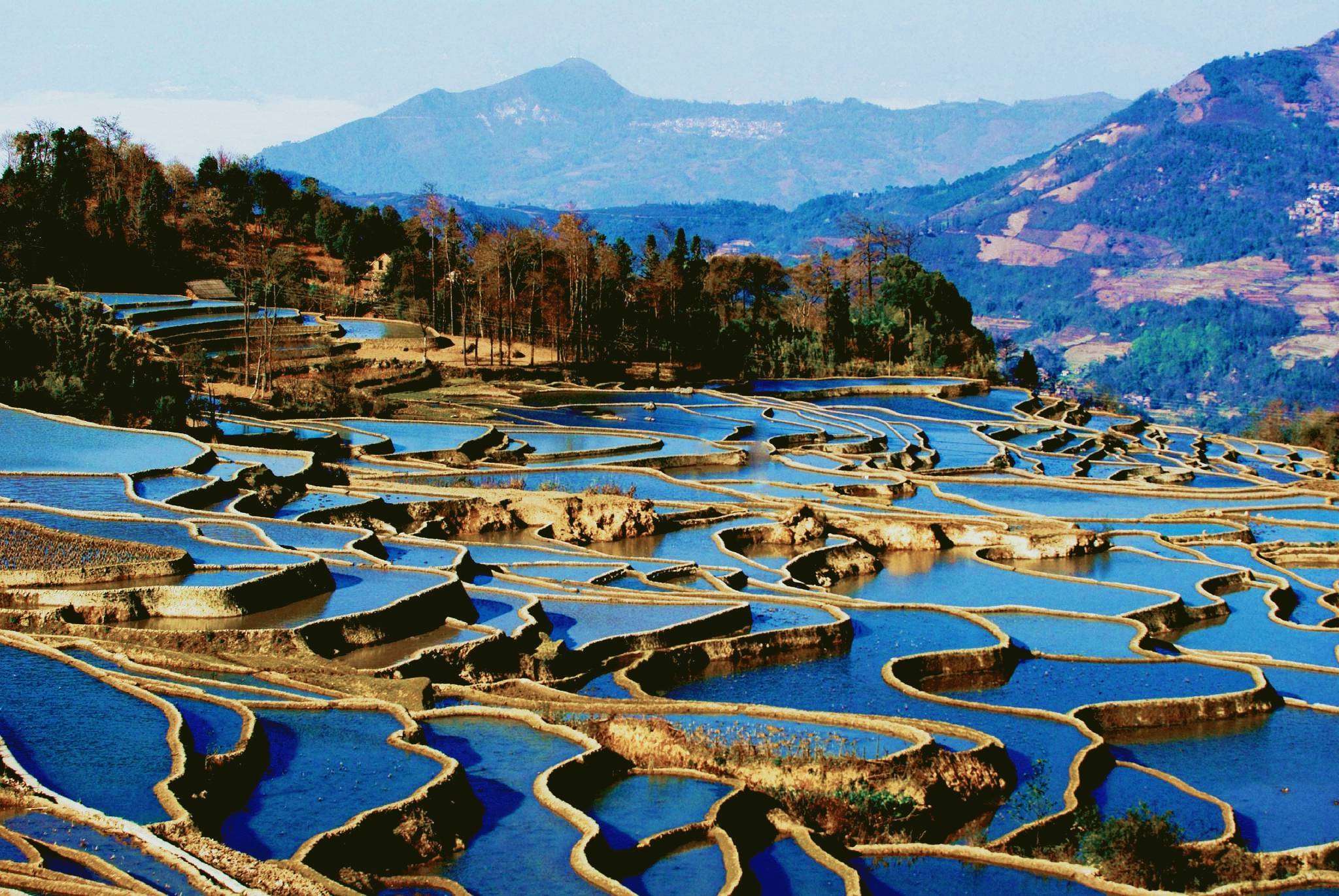
Observe its shape, Icelandic Puerh raw tea cords are fat and hairy, ripe tea is densely covered with golden hair; smell its aroma, the new tea flowers and honey rhymes, the old tea old fragrance intertwined with wood. Taste, the tea broth melts in the mouth, the sweetness of rock sugar runs through the whole process, and the throat rhyme is as cool as a spring. Observe the leaf bottom, fresh and flexible, clear veins, after more than ten bubbles still have an aftertaste. Unique regional aroma is known as ‘Icelandic rhyme’ by the tea people, both Banzhang's strong and Yiwu's soft, full of tea and long sweetness, after drinking the teeth and cheeks, the body Shu Tai [1].
V. A treasure of health care sculpted by time
Icelandic Pu'er tea is not only a feast for the palate, but also a natural health guardian. Its tea polyphenol content is as high as 32.5%, and the total amount of catechins exceeds 179 mg per gram, with antioxidant capacity far exceeding that of ordinary tea. Long-term consumption can promote fat metabolism, and assist in regulating blood sugar and blood lipids; theanine and alkaloids have synergistic effects, that can relieve nervous stress, and enhance concentration. Aged tea through the natural transformation of the tea nature of mild, stomach and liver protection effect is remarkable, and can be called a ‘drinkable antique’ [1].
Sixth, the cultural infiltration of the Eastern philosophy
In Icelandic villages, tea is the ritual of life, but also the totem of the spirit. Dai tea farmers have been following the ‘tea, tea, people protect tea’ ecological wisdom, spring and autumn, moderate take. Although the sound of horses' hooves on the old tea-horse road is far away, the ancient wisdom flowing in the tea soup is still continuing. Whenever the festival, the villagers to tea ancestors, tea hospitality, bamboo tea, roasted tea and other folk tea art passed on from generation to generation. Icelandic Pu'er tea carries not only the memory of taste but also the oriental philosophy of the harmonious coexistence of man and nature [1].
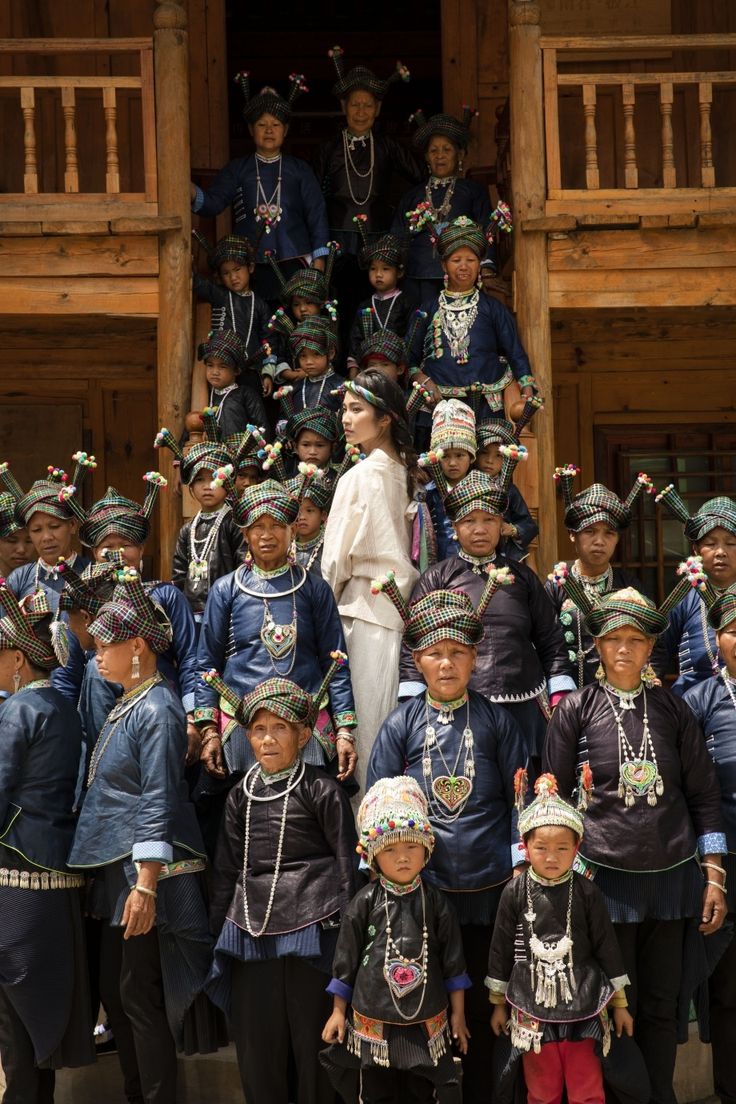
Seven, green tea barbecue seasoning: a new interpretation of Icelandic tea
In order to let more people experience the unique charm of Icelandic tea, we innovatively integrated it into the barbecue seasoning, launched the ‘green tea barbecue seasoning’. This seasoning combines the essence of Icelandic Pu'er tea with natural spices and herbs, and is carefully blended to retain the pure flavour of Icelandic tea and add a unique BBQ flavour. Whether you are grilling meat, vegetables or seafood, just a light sprinkle can instantly enhance the layering of food and bring a new taste bud experience [1].
Eight, green tea barbecue seasoning health advantages
Compared with ordinary barbecue seasoning, green tea barbecue seasoning is not only delicious, but also focuses on health. The tea polyphenols and catechins in Icelandic Pu'er tea have a powerful antioxidant effect, which can neutralise the harmful substances produced during the barbecue process and reduce the burden on the body. At the same time, the soothing effect of theanine can also help digestion, so that you can enjoy the food at the same time, keep your body light and comfortable [1].
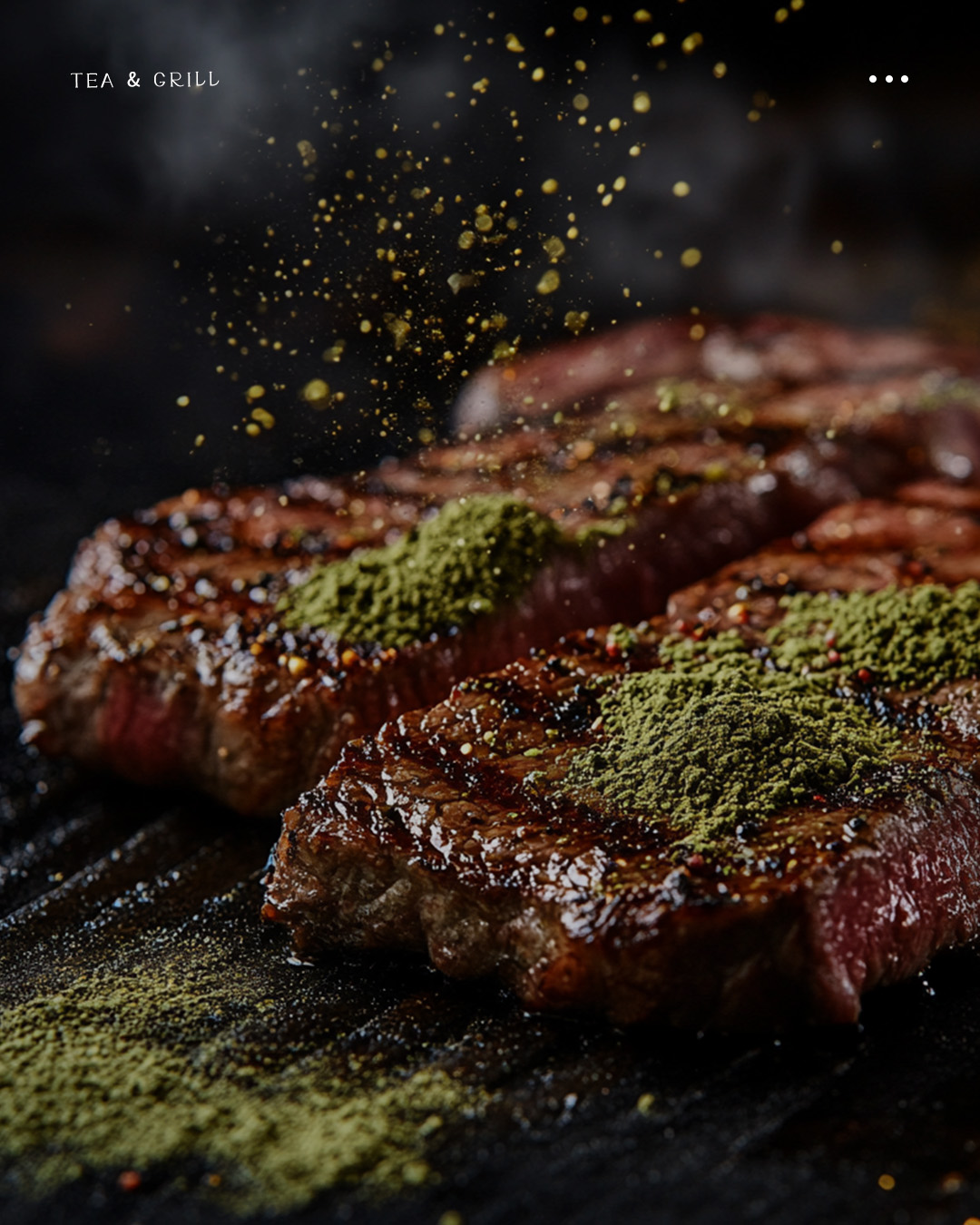
Nine, how to match green tea barbecue seasoning
Grilled meat: green tea barbecue seasoning evenly sprinkled on beef, lamb or chicken, marinated for 20 minutes and then grilled, the meat is tender and juicy, tea aroma.
Grilled Vegetables: Combine the seasoning with olive
